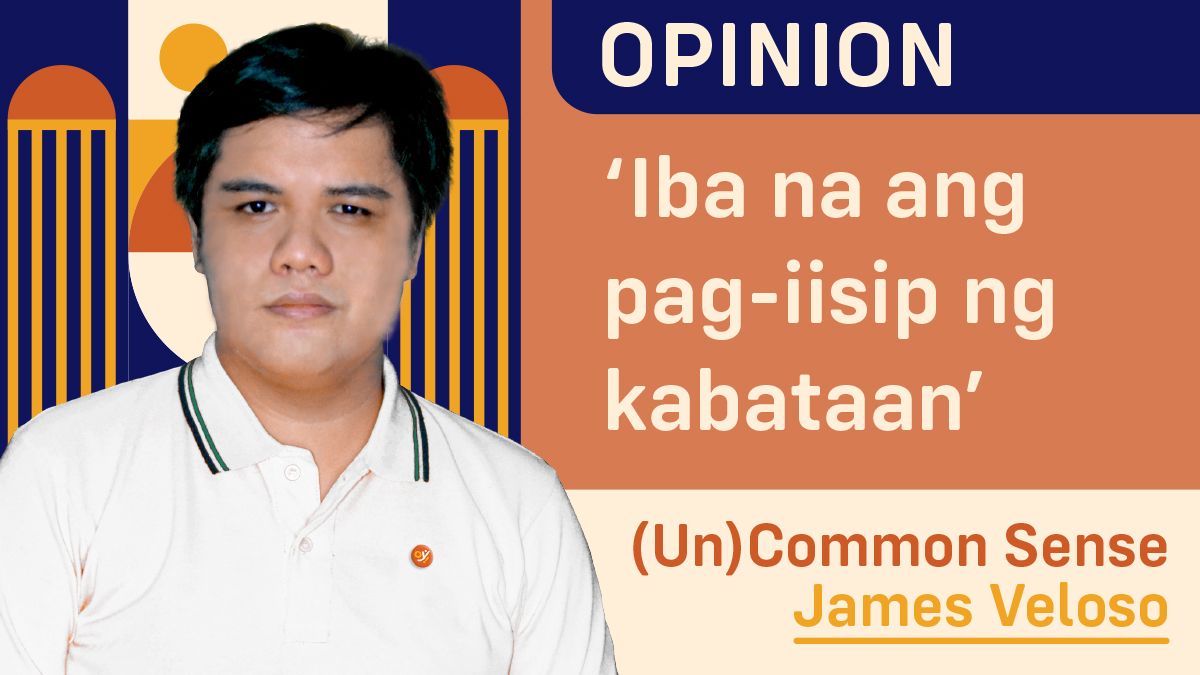Recently, a group of supporters of a local official of a progressive city here in Laguna staged a rally in front of the city hall, in protest against what they allege was the local government’s “railroading” of a case filed against that official.
Some young people who happened to witness the rally weren’t impressed by what they believe was the political grandstanding of a local political powerhouse whose ambitions in 2025 are now becoming more blatant, sources told OpinYon Laguna.
A few of those youngsters even scoffed at the rallyists (which, may we point out for the purpose of this specific article, are almost all middle-aged) saying, “Huh, baka binayaran lang ang mga iyan.”
(Posts showing minions of that political powerhouse allegedly paying out P500 to those who stormed the City Hall were later circulated in social media, but as we all know that social media has a tendency to be so one-sided, we’re going to take those allegations with a healthy dose of skepticism.)
-o0o-
A frequent point of discussion among the staff of OpinYon Media Advocacies in the past few weeks is the growing number of youngsters who are increasingly becoming aware (and active) in local politics.
Case in point is the 2022 elections: according to the Commission on Elections (Comelec), 32.7 million out of the 65 registered voters during the time are between the ages of 18 and 30.
In 2023, Comelec also noted that the "more than half" of the 1.6 million "new voters" – or those who registered for the first time to vote – are aged 15 to 30.
“It’s a very good sign for our country. The young ones are making their presence felt wanting to control the destiny of the Filipino race. Now our future is secured,” was how Comelec chairperson George Erwin Garcia put it at the time.
Here's a critical point: most of our first-time voters in the upcoming 2025 elections belong to the so-called “pandemic generation,” or those who came of age during the Covid-19 pandemic.
Having personally experienced the anxiety brought by the Covid-19 pandemic and its socio-economic effects (economic hardships, emotional anxiety not only due to the health hazard but also due to the isolation from friends, family and physical activities), these young people are now more sensitive to the world around them and are eager to make the change they want to see in their communities. (Remember, “revenge-voting” during the 2022 elections is real.)
True, these youths are more vulnerable to the influence of social media, where traditional politicians have reportedly moved their propaganda and mudslinging efforts. But from what we’ve been hearing, today’s youth are now more critical, more analytical and more skeptical of what they see on social media. Hindi na gaya ng dati na dahil kakaunti lang ang mapagkukunan natin ng impormasyon, handa na tayong maniwala sa kung anu-anong sinasabi ng mga pulitiko. Today’s youth now have more access to information – and that’s what made them more equipped to handle the growing wave of disinformation on social media.
Sana, sa susunod na halalan, isipin natin na ang mga kabataang boboto sa 2025 ay hindi na agad-agad malilinlang at maloloko pa ng tradisyunal na pulitika. Nahulma na ng kanilang mga karanasan sa pandemya ang kanilang pag-iisip – at ngayon, handa na silang ipahayag ang kanilang mga saloobin sa mga isyung sila rin ang naaapektuhan.
#WeTakeAStand #OpinYon #OpinYonColumn #ColumnbyJamesVeloso #UnCommonSense
